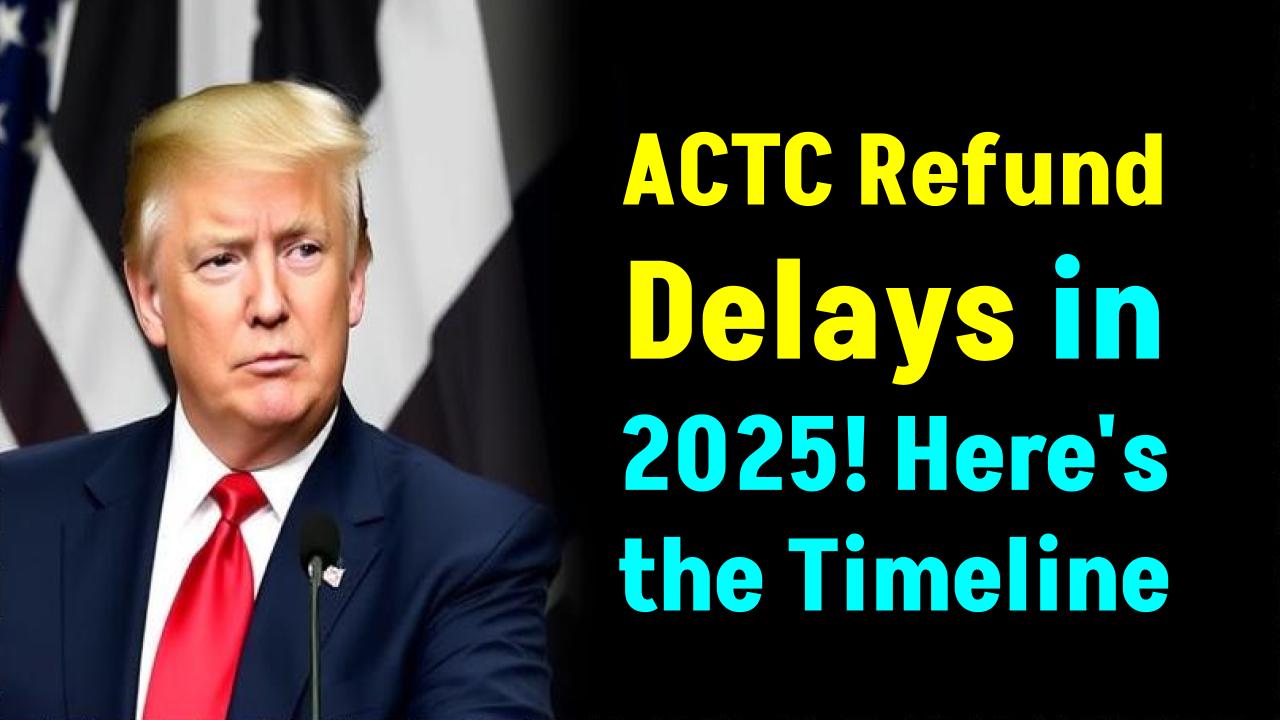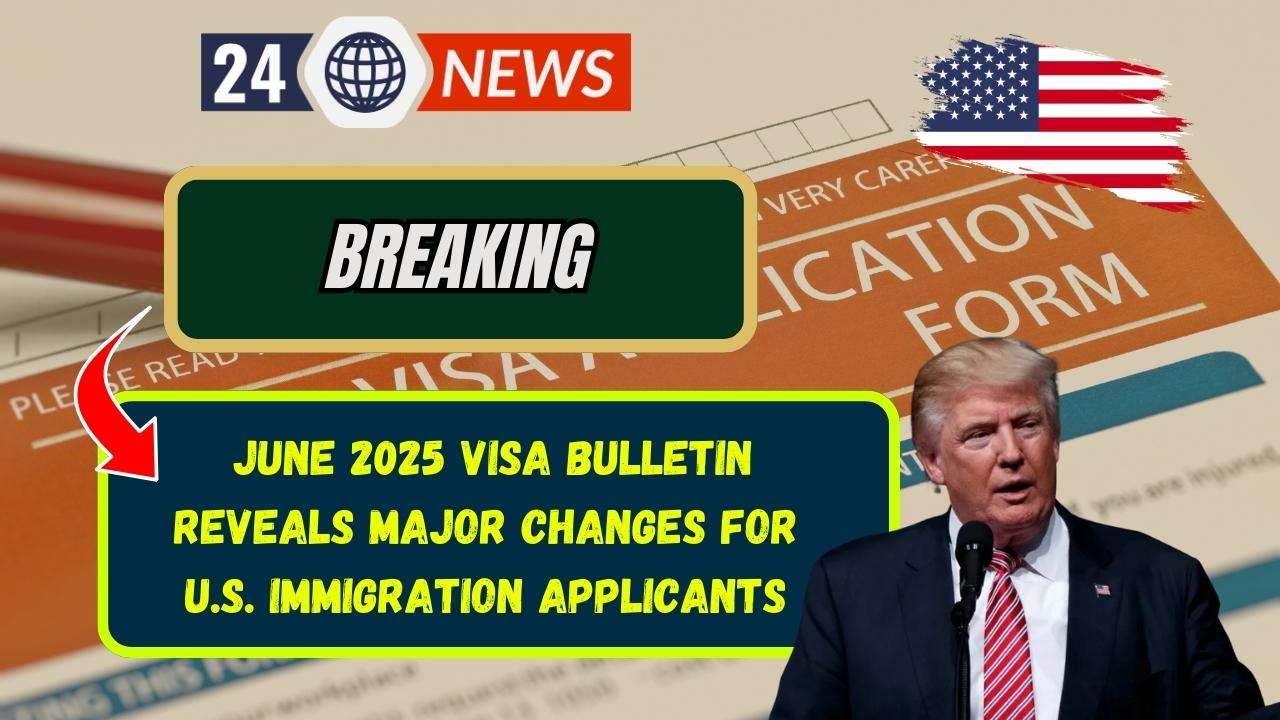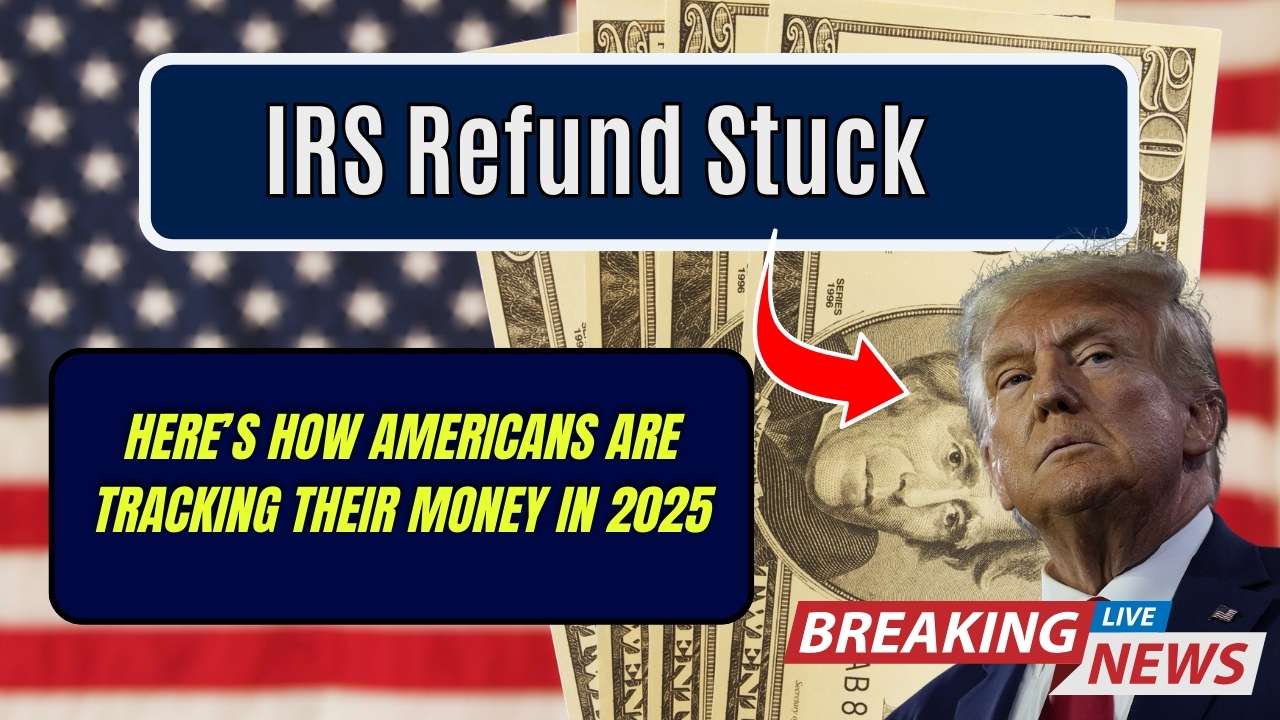VA Life Insurance Payouts Are Going Unclaimed; Don’t Miss What Could Be Yours
VA Life Insurance Payouts Are Going Unclaimed – Every year, millions of dollars meant for veterans and their families go unclaimed. VA life insurance payouts—money that should have been in your pocket or helping your loved ones—are sitting untouched, waiting to be claimed. Sounds wild, right? But it’s true, and it’s high time we shine a light on it.

If you or someone you love served in the military, you could be owed money from old VA-issued life insurance policies. And the kicker? You may not even know it. Let’s break it down, real talk style—because this might just be your payday waiting in the wings.
VA Life Insurance Payouts Are Going Unclaimed
| Topic | Details |
|---|---|
| What’s Going On | Millions in unclaimed VA life insurance payouts are sitting idle. |
| Potential Payouts | Ranges from $5 to over $750 per case. |
| Who’s Eligible | Veterans, spouses, or heirs tied to VA life insurance policies. |
| How to Check | Use the VA’s Unclaimed Funds Tool: insurance.va.gov/UnclaimedFunds/Search |
| Types of Policies Covered | USGLI, NSLI, VSLI, VRI, S-DVI |
| Policies Not Covered | SGLI and VGLI (post-1965 policies) |
| Deadline to Claim | No official deadline, but quicker is better to avoid issues. |
| Extra Help | Contact VA or check unclaimed.org for state-held benefits. |
| Claim Form | VA Form 29-541 (Certificate Showing Residence and Heirs) |
| Average Processing Time | 4–8 weeks depending on documents submitted |
What Are VA Life Insurance Payouts Anyway?
So here’s the deal. The Department of Veterans Affairs (VA) used to issue life insurance to service members through programs like United States Government Life Insurance (USGLI) and National Service Life Insurance (NSLI). These were big back in the day—think World War II through the Vietnam era.
But life happens. People move, names change, paperwork gets lost, and boom—money that should go to veterans or their families gets stuck in limbo. Right now, over $33 million is reportedly sitting in unclaimed VA insurance funds, just waiting for someone to say, “Hey, that’s mine!”
And no, this isn’t some scammy email promise. This is real, government-held money backed by the VA. You just gotta know where to look.
Step-by-Step Guide to Claiming Your VA Life Insurance Money
Step 1: Know What You’re Looking For
This isn’t just about death benefits. The VA also holds:
- Premium refunds
- Dividend payouts
- Matured endowments
Even if your relative passed decades ago, the payout may still be floating out there.
Step 2: Head to the Official VA Unclaimed Funds Site
Go to insurance.va.gov/UnclaimedFunds/Search
Here, you’ll:
- Enter the last name of the veteran or policyholder.
- Optionally include first name or initials to narrow results.
- Hit search. If there’s a match, the site will walk you through the next steps.
Step 3: File a Claim If You See a Match
You’ll need to fill out VA Form 29-541—this one’s called the Certificate Showing Residence and Heirs of Deceased Veteran or Beneficiary. Don’t get scared by the name—it’s just a way to prove your relationship and that you’re owed the dough.
Have documents ready like:
- Veteran’s death certificate
- Proof of relationship (birth certificate, marriage cert)
- Your ID
Mail your documents to:
Department of Veterans Affairs
Insurance Center
P.O. Box 7208, Philadelphia, PA 19101
What If Nothing Shows Up in the VA Tool?
Don’t give up just yet. Here are a few other places to hunt:
1. Try the National Association of Insurance Commissioners (NAIC) Tool
The NAIC Life Insurance Policy Locator can help you find policies from private insurers.
2. Check State Unclaimed Property Sites
Each state has a property division. Try unclaimed.org to search all 50 states for free.
3. Contact Old Employers or Financial Advisors
Some veterans had policies through employers, unions, or credit unions.
4. File a FOIA Request for Military Records
Still stuck? File a Freedom of Information Act (FOIA) request through archives.gov.
Which Policies Are Covered?
When using the VA’s Unclaimed Funds Search, only the following insurance types are included:
- USGLI – United States Government Life Insurance
- NSLI – National Service Life Insurance
- VSLI – Veterans Special Life Insurance
- VRI – Veterans’ Reopened Insurance
- S-DVI – Service-Disabled Veterans Insurance
Notably excluded:
- Servicemembers’ Group Life Insurance (SGLI)
- Veterans’ Group Life Insurance (VGLI)
These newer policies must be claimed through Prudential or the VA directly if not paid.
Don’t Leave Free Money on the Table
Veterans earned these benefits by serving our country. Their families deserve every dime promised. But the government isn’t going to chase you down waving a check—you gotta take the first step.
Real Talk: Why Are So Many Payouts Going Unclaimed?
It boils down to a few things:
- The policyholder passed decades ago and families lost track of benefits.
- Beneficiaries never knew a policy existed.
- Addresses or names changed and the VA couldn’t locate heirs.
- People don’t know about the VA’s free search tool.
Meta Launches Llama API as Microsoft Announces 30% of Its Code Is Now AI-Generated
Google Rolls Out Gemini Nano in Chrome to Boost Scam Protection for Users
FAQs About VA Life Insurance Payouts Are Going Unclaimed
Q: How much money can I get from an unclaimed VA life insurance policy?
A: It varies. Some folks get $10, others walk away with hundreds. The average claim is between $50 and $750, but it depends on the type of benefit.
Q: Can I still claim if the veteran died a long time ago?
A: Yup! There’s no hard deadline for claiming unclaimed funds.
Q: What if I don’t have a copy of the insurance policy?
A: You can still search the VA database using just the veteran’s name.
Q: Is this search free?
A: Yes. Don’t pay anyone who says they’ll “unlock your payout” for a fee.
Q: Can multiple heirs claim the same policy?
A: Yes. The VA will request more info to divide the amount accordingly.
Q: How long does it take to get the money?
A: Processing usually takes a few weeks to a couple of months.
Q: Can I check on behalf of someone else?
A: Yes, if you have basic info like their name and service details.







